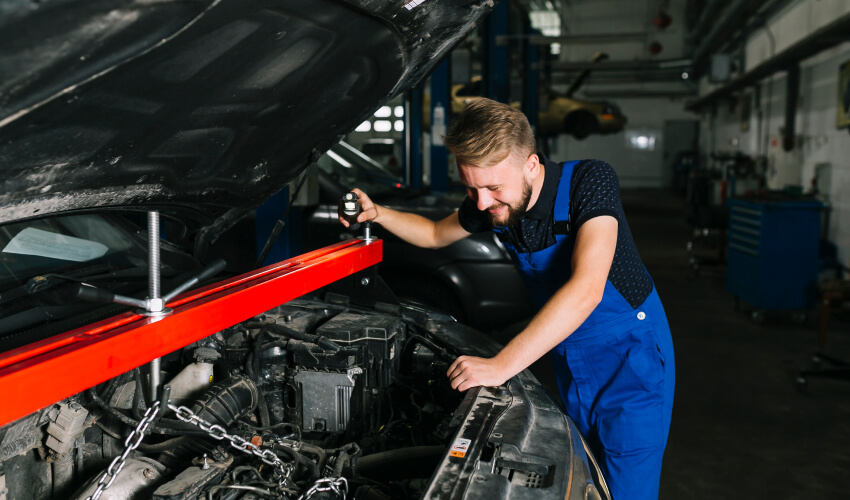While owning an older vehicle can be cost-effective in terms of initial purchase price, maintenance, and insurance, there are certain risks associated with driving an older vehicle. It’s essential for vehicle owners to be aware of these risks to make informed decisions about the safety and reliability of their transportation. Here are some potential risks:
- Safety Concerns:
- Older vehicles may lack modern safety features and crash protection technology found in newer models.
- Outdated safety standards and design may increase the risk of injury in the event of a collision.
- Reliability Issues:
- Older vehicles are more prone to mechanical failures and breakdowns due to wear and tear.
- The availability of replacement parts may become limited for discontinued models, leading to longer repair times.
- Fuel Efficiency:
- Older vehicles often have lower fuel efficiency compared to newer models. This can result in higher fuel costs over time.
- Environmental Impact:
- Older vehicles may have higher emissions and contribute more to air pollution compared to newer, more fuel-efficient models.
- Some regions have strict emissions standards that older vehicles may not meet.
- Increased Maintenance Costs:
- As a vehicle ages, the likelihood of mechanical problems and the need for repairs generally increase.
- The cost of maintaining an older vehicle can become a significant financial burden over time.
- Limited Technological Features:
- Older vehicles may lack advanced safety features, entertainment systems, and connectivity options that are standard in newer models.
- Lack of modern technology may impact convenience and overall driving experience.
- Insurance Costs:
- Insurance premiums for older vehicles may not reflect the true value of the vehicle, potentially leaving owners underinsured in case of a total loss.
- Depreciation:
- Older vehicles typically experience higher rates of depreciation compared to newer models. This can impact the vehicle’s resale value.
- Changing Regulations:
- Some regions implement stricter emissions standards and safety regulations over time. Older vehicles may face challenges meeting these evolving requirements.
- Potential for Obsolescence:
- Technological advancements in automotive design may render certain older vehicles outdated and less competitive in terms of performance, safety, and efficiency.
To mitigate these risks, regular maintenance, timely repairs, and careful consideration of the vehicle’s condition are crucial. Vehicle owners should also stay informed about changing regulations and safety standards that may impact their ability to drive older vehicles. In some cases, upgrading to a newer, more technologically advanced, and fuel-efficient vehicle may be a safer and more cost-effective long-term option.


